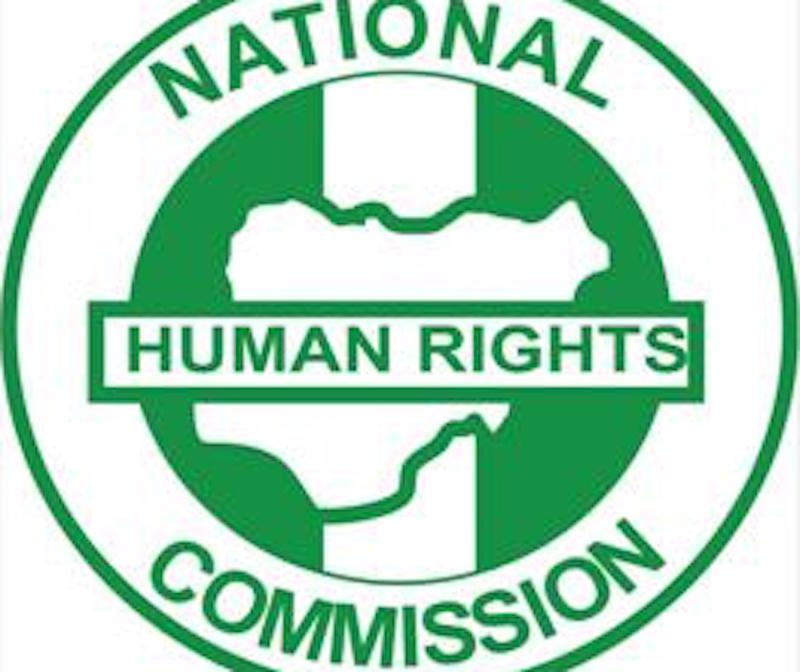Folalumi Alaran in Abuja
The National Human Rights Commission (NHRC) and the Paradigm Initiative (PI) have called on the federal government to promptly pass the Digital Rights and Freedom Bill, stressing the vital importance of safeguarding individuals’ rights in the digital realm.
Paradigm Initiative which hosted a Digital Policy Engagement Series (DiPES), in Abuja yesterday where stakeholders convened to analyse, evaluate, and discuss the Digital Rights and Freedoms Bill (DRFB) emphasised the necessity of ensuring that citizens’ online rights are upheld, aligning with protections in the physical world.
Speaking, the Executive Secretary, NHRC, Dr. Tony Ojukwu, represented by the Director, Legal Services and Enforcement, NHRC, Rabi Anwar, noted that the digital space has become an integral part of everyday life for many Nigerians, but without adequate legislation in place, there is a risk of abuse and infringement of digital rights.
He stressed the need for laws that protect freedom of expression, privacy, and access to information online.
He said: “It is necessary to establish measures that uphold the sanctity of citizens’ rights. The enactment and passage of the digital rights and freedoms bill would have positioned Nigeria as a leader in the protection of digital rights and online freedoms as the bill is oriented towards safeguarding the rights of Nigerian internet users.
“It would serve to shield Nigerians from encroachments upon their fundamental freedoms, and impose sanctions on offenders and violators of digital rights and freedoms, thereby ensuring a secure and enabling online environment for all.
“The reintroduction of this bill is timely. After what the world witnessed in 2020, during the COVID-19 pandemic, we had no choice rather than to go digital, with the introduction of work from home, online meetings, classes, events and the rapid growth of digital economy. This became the new normal, making digital inclusion relevant now more than ever.
“The NHRC as a child of necessity developed an online platform to receive and treat complaints of human rights violations perpetrated by security agents in an effort to enforce the lockdown and cases of domestic abuse which saw a drastic increase during the lockdown period.
“ The commission in collaboration with the United Nations also set up a situation room where reports during the 2023 general elections were collated in real-time.”
The commission urged that while the bill is being considered for reintroduction to the National Assembly, there was a need to address the concerns to forestall any cog in the president’s assent to the bill.
The Executive Director, Paradigm Initiative, Gbenga Sesan, while briefing journalists at the Conference, explained that the bill was sent to the National Assembly in 2016, and it passed by the two Chambers, but when it got to the table of the them President Muhammadu Buhari to sign it into law, he declined to sign the bill.
He said what they did was to go back and look at some of the reasons they gave for not signing the bill, readjust the bill and reintroduce it to the 9th National Assembly.
“Now that we have a new National Assembly, we are reintroducing a new version of the bill which not too different from the original version but has incorporated feedbacks from the government, Civil Society Organisations, from the private sector.
“That will now go back again to the National Assembly to follow the process and we are trusting that as a bill that has been passed before, it will enjoy some accelerated process in the National Assembly,” he said.
The Digital Rights and Freedom Bill addresses various aspects including, digital privacy, freedom of expression online, and access to the internet as a fundamental right.



